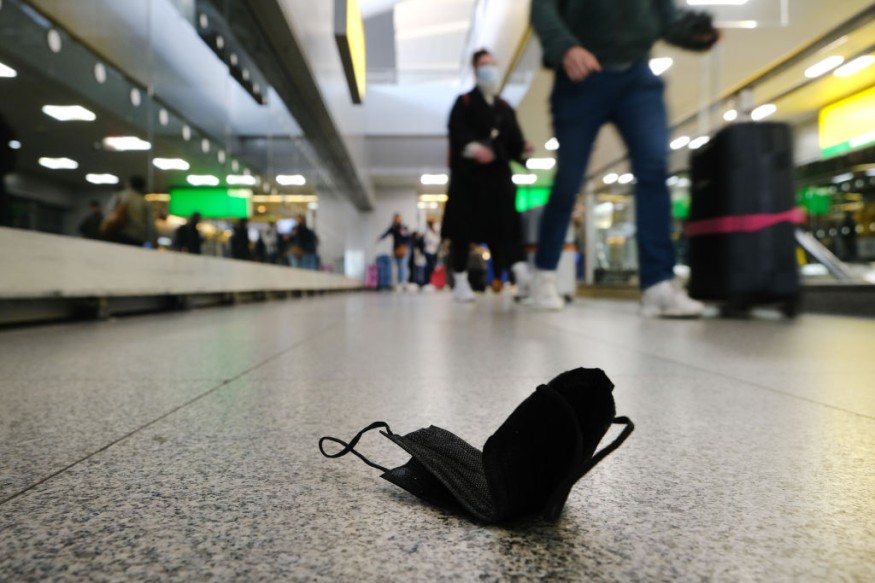
Scientists have recently reported a 31-year-old woman in Spain whom caught Covid twice within 20 days, the shortest known gap between infections.
COVID Reinfection of a 31-Year-Old Woman in Spain
Researchers in Spain gave details of the healthcare worker, who tested positive a few days before Christmas in December 2021 and again in January 2022, as per the journal of The Lancet Microbe. The case is further evidence that the Omicron variant can evade immunity from even recent previous infections.
The woman, who was fully vaccinated and had received a booster shot 12 days earlier, tested positive in a PCR staff screening test at work on 20 December. She didn't develop any symptoms, and self-isolated for 10 days before returning to work. On the 10th of January 2022, just 20 days after first testing positive, she developed a cough, fever and felt generally unwell and did another PCR test.
According to experts of UK Health Security Agency, a 31-year-old woman in Spain contracted Covid multiple times in 20 days, the smallest documented period across episodes.
Scientists in Spain provided information about a hospital employee whom contracted the disease a short night ahead Christmas in December 2021 then subsequently in January 2022. The instance demonstrates that the Omicron form could elude resistance from past infestations.
On December 20, the woman, who had been completely protected and had gotten a supplementary injection 12 days before, screened positive in a PCR personnel diagnostic assessment at workplace. She had no indications and self-isolated for ten days prior coming back to work.
Then just 20 days following screening positive for the initial time, she got a congestion, cold, and seemed physically ill, prompting her to do further PCR assessment. It was also a plus. The individual was already afflicted by two separate Covid types, according to whole-genome analysis.
The initial attack has been with the Delta variation, and the subsequent pathogen was to the Omicron version, which is extremely virulent and therefore can circumvent protection from previous bouts and immunization.
COVID Reinfection Twice Within 20 Days
According to noted Dr Gemma Recio of the Institut Català de la Salut in Tarragona, one of the researchers involved in the study, this example emphasizes the ability of the Omicron variation to elude prior resistance gained whether through a bacterial invasion with other forms or from vaccinations.
She also went on to say that the instance demonstrated the significance of genetic monitoring. As dynamic surveillance would assist in the detection of variations that can somewhat dodge the autoimmune reaction.
Nowadays that Omicron is the prevalent variety, it is probable that past contamination with Omicron would reduce the likelihood of contracting the disease once again - particularly relatively soon. Initially, experts expected that once Covid-19 enters an epidemic period, reinfections will emerge between three to five years.
Albeit the absent of new varieties, scientists may anticipate more episodes of transmission, particularly over the cold season. Luckily, the data suggests that resistance to acute symptoms is stronger than tolerance to infections. Therefore, while reinfections will persist for several ages, researchers would witness less and fewer terrible diseases and fatalities as time passes.
Although it is hard to generalize from a specific instance, this study details the potential of the Omicron modified version, and its sub-variants, to contaminate even in those folks who really are completely immunized.
Furthermore, Prof Lawrence Young, a virologist at the University of Warwick told reporters from The Guardian that such reports for the excessive levels of infectious disease researchers have encountered in the UK.
Related article : Non-Invasive Treatment Proven Effective for Rats with Liver Cancer
© 2025 NatureWorldNews.com All rights reserved. Do not reproduce without permission.





